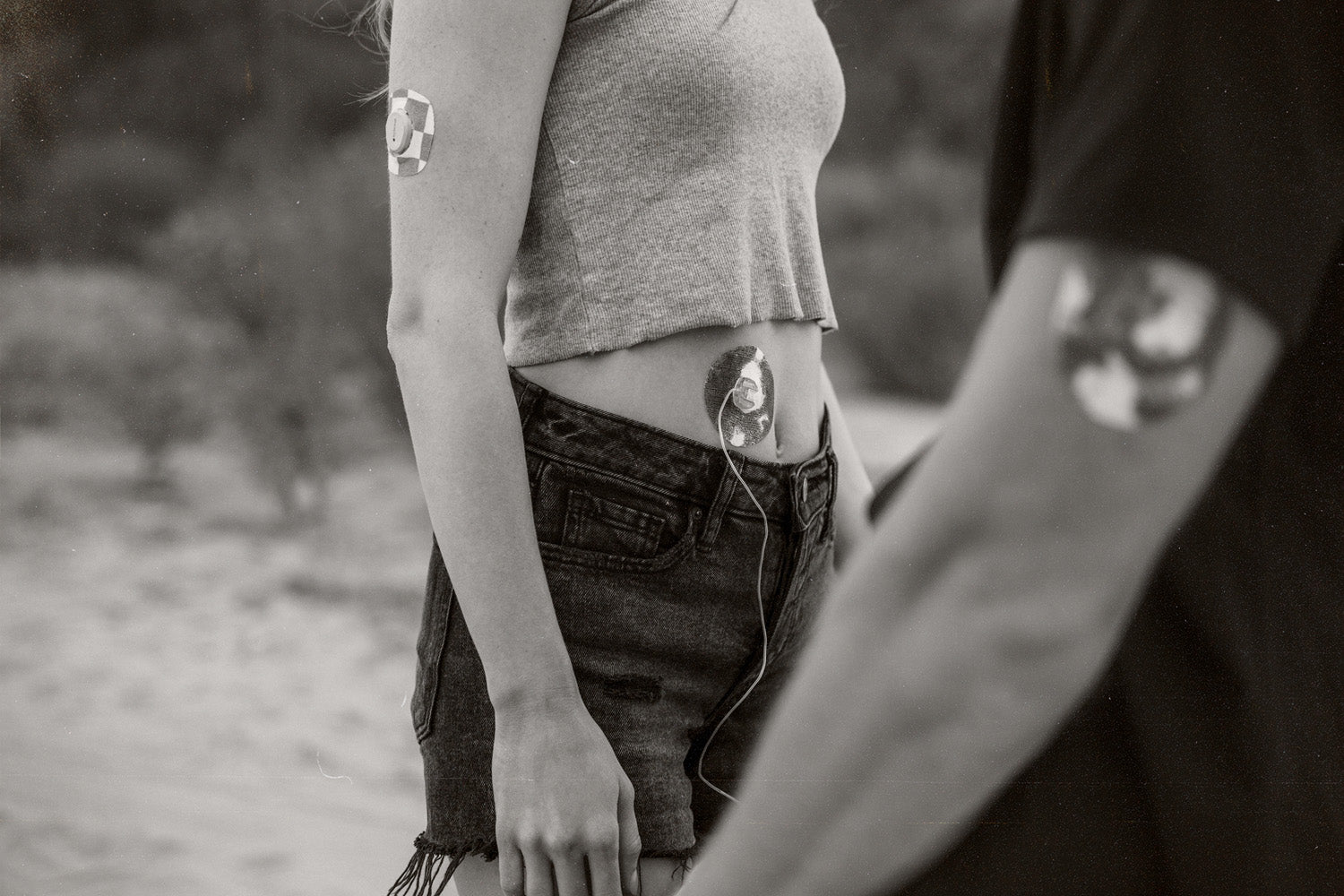
*Disclaimer: All content and information in this blog is for informational and educational purposes only.
For many years, type 1 diabetes was known as juvenile diabetes because it occurred most commonly amongst children between the ages of 4-14 years old. However in recent years, it has become more apparent that T1D can actually occur at any age— even adulthood. There are a lot of resources available for children and families when they receive a new diagnosis, but what about adults who receive this life changing diagnosis later on in life? If you or someone you know was recently diagnosed as an adult with T1D, here are some tips for how you can support them.
Learn about Type 1 Diabetes
Receiving a new diagnosis of any kind can certainly be overwhelming, but taking time to learn about diabetes can be a great way to show your support. When learning about diabetes, you can offer to attend doctor’s visits, appointments with diabetes educators, or do your own work online (but- be careful, there is quite a bit of misinformation out there!).
Help with Daily Management Tasks
T1D can turn someone’s world upside down. Now that they have received a diagnosis and likely began insulin therapy, they now have to take into account various factors that they likely never paid any attention to such as how many carbohydrates they are eating at a meal or how much insulin they need to take. Assisting your loved one with daily management tasks like carb counting, taking injections, or calculating their doses can help alleviate some of the burden they are carrying around.
Ask How They Are Doing
While your loved one just received a new diagnosis, they are still the same person you know and love. While T1D will become a common topic of conversation, it is important to remember that there is more to them than just their diabetes. Instead of asking them “how’s your blood sugar,” consider asking them “how are you?” or “how are you feeling?” These statements can be more supportive in recognizing them as a whole person, not just a person with diabetes.
No matter when someone receives a diagnosis of diabetes, it will present its own set of unique challenges. If you or someone you know has recently been diagnosed with T1D as an adult, check out Keeping it 100 Radio: Uncensored Diabetes Conversations: Episode 43: Making Lemonade Out of An Adult Diagnosis with Emily Peterson. Emily was diagnosed with type 1 diabetes at age 23. During this episode, she opens up about how she has overcome the challenges of receiving a diagnosis in adulthood and how she found new inspiration to live fearlessly with T1D (and change her career, too!). Available now on Spotify and Apple Podcasts.






























